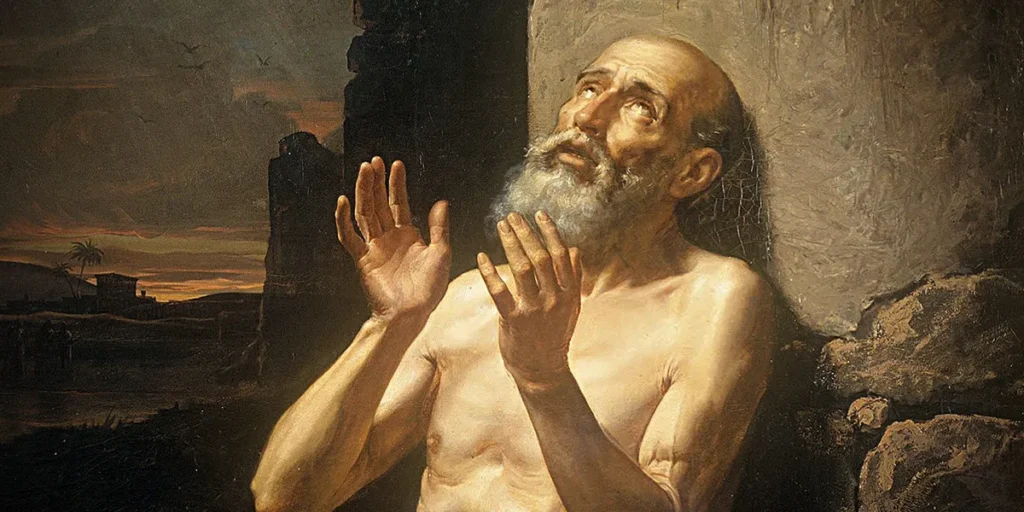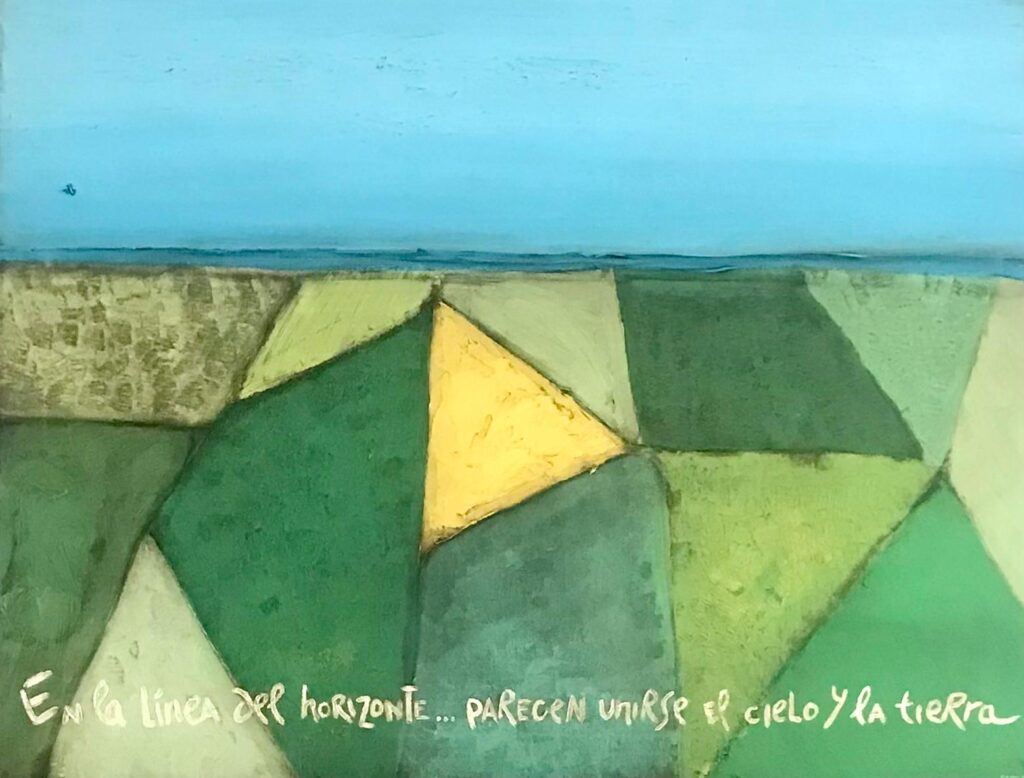Cardinal Arizmendi: Don’t let money enslave you
Let your criterion not be who gives you money, but who is a better person

Cardinal Felipe Arizmendi, bishop emeritus of San Cristóbal de Las Casas and responsible for the Doctrine of the Faith at the Conference of the Mexican Episcopate (CEM), offers Exaudi readers his weekly article titled “Let Money Do Not Enslave You.”
***
LOOK
The federal and state governments, for some six-year periods, have been concerned with providing economic support to older adults, single mothers, the disabled, farmers, and the homeless, as well as scholarships to unemployed young people and students. This is very laudable since society must help those who need it most. We must all be in solidarity with them. However, these monies, which do not come from the pockets of the authorities, but from the taxes that all citizens pay, should not be used to buy votes during electoral times.
On June 2, in our country, the presidency of the Republic, several governorships, senators, and deputations, as well as other positions in different states, will be renewed. In such a political situation, it has been announced not only that the amounts that are normally given to them every two months will be increased to these people, but that now they will be given double, for four months (more than 12 thousand pesos – about 700 dollars). -), precisely before the elections. What does this mean? Is it social justice and democracy, or demagogy and abuse of power? Buying the poor to vote for a party is degrading and inhuman, since it enslaves them and their dignity is not respected. That is not Mexican humanism, but rather domination and control of consciences through money. And how many do not realize that, with money, they are manipulated! They no longer vote for who can serve the community best, but for whoever gives them the most money. Money can corrupt.
In other areas of life, something similar happens. There are fathers and mothers who try to buy their children by giving them money and material things, not to educate them in effort and work, so that they get ahead in life, but to monopolize them and so that they do not blame them for their infidelities or other things of deficiencies. There are professionals, and even farmers, who neglect their health and their family, in order to earn more money and have more and more material things. They are slaves to work and money.
DISCERN
Pope Francis, in a recent catechesis on vices and virtues, spoke about “greed, that is, that form of attachment to money that prevents human beings from being generous. It’s a disease of the heart, not the wallet.
We can be lords of the goods we own, but often the opposite happens: in the end, they own us. Some rich men are not free, they don’t even have time to rest, they have to cover their backs because the accumulation of assets also requires their custody. They are always distressed, because a heritage is built with a lot of sweat, but it can disappear in a moment. They forget evangelical preaching, which does not affirm that riches are in themselves a sin, but that they are certainly a responsibility. God is not poor: he is the Lord of all, but – writes Saint Paul – “although he was rich, he became poor for us, in order to enrich us through his poverty” (2 Cor 8:9).
That is what the miser does not understand. He could have been a cause of blessing to many, but instead, he walked into the dead end of unhappiness. And the life of the miser is ugly. Let’s be careful! And let us be generous, generous with everyone and generous with those who need us most” (I-24-2024).
In his message for this Lent, he warns us: “We can become attached to money, to certain projects, ideas, goals, to our position, to a tradition and even to some people. Those things, instead of driving us forward, will paralyze us. Instead of uniting us, they will confront us. There is, however, a new humanity, that of the small and humble who have not succumbed to the charm of lies. While idols render those who serve them mute, blind, deaf, immobile (cf. Ps 115:8), the poor in spirit are immediately open and well-disposed; They are a silent force of good that heals and sustains the world.”
He had already told us in Evangelii Gaudium: “Money must serve and not govern! The Pope loves everyone, rich and poor, but he has the obligation, in the name of Christ, to remember that the rich must help the poor, respect them, promote them. I urge you to selfless solidarity and a return to economics and finance, to an ethic in favor of human beings” (EG 58).
ACT
Let’s ask ourselves how much we are slaves to money, or responsible administrators to use it for the good of ourselves and our family, as well as the community, particularly those with fewer possibilities. And let’s help those who receive financial support from the government not to enslave themselves to a party, but to discern who can best serve the country. Let your criteria for voting not be who gives you money, but who is a better person.
Related

Job, the Mystery of Suffering
Francisco Bobadilla
31 March, 2025
6 min

Emilio Girón: Stubbornness and Tinto de Verano
Exaudi Staff
30 March, 2025
5 min

Facing Divorce as a Christian Couple
Laetare
28 March, 2025
2 min

Mars Colonization: Technological Progress or Threat to Human Dignity?
Observatorio de Bioética UCV
28 March, 2025
9 min
 (EN)
(EN)
 (ES)
(ES)
 (IT)
(IT)

